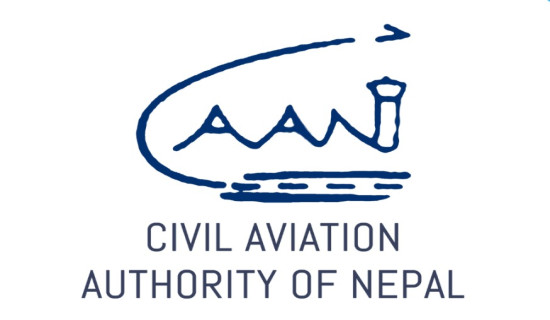- Wednesday, 4 March 2026
Seville Commitment
Prime Minister K.P. Sharma Oli is back home after participating in the fourth International Conference on Financing for Development (FfD4) in Seville, Spain. The conference aimed to strengthen international cooperation for development and advocate for the needs of the least developed countries (LDCs). There, the PM highlighted the significant challenges faced by LDCs, urging developed nations and development partners to enhance their support and expand partnerships to address these issues.
He also expressed his confidence that the historic 'Seville Commitment' would serve as a milestone for the smooth and sustainable graduation and overall development and prosperity of LDCs. While in Seville, PM Oli also co-chaired a multi-stakeholder roundtable on 'Revitalising international development cooperation', where he underscored the dire impact of poverty, hunger, inequality, debt burden, trade deficits, and climate change on LDCs and other developing countries and called for global cooperation to deal with them effectively.
The Seville Commitment lays out a new global roadmap to raise the trillions of dollars needed each year to achieve sustainable development, building on previous international agreements. It calls for fairer tax systems, cracking down on tax evasion and illicit financial flows, and strengthening public development banks to support national priorities. It calls for easing debt pressures on vulnerable countries with new tools, including debt-swap schemes, options to pause payments during crises, and better transparency.
It also aims to make the global financial system more inclusive and accountable, with improved coordination, stronger data systems, and broader participation from civil society and others. By agreeing to the Agreement, participating countries committed themselves to boosting the capacity of multilateral development banks, increasing the use of special drawing rights, and attracting more private investment to support development.
PM Oli also raised one more crucial point: the growing burden of debt servicing. As in most LDCs, the public debt of Nepal is steadily growing. Expanding proportionately with that is the nation's debt obligations. With a significant portion of the national budget now being earmarked for debt servicing, the nation is short of money to fund the critical sectors like health and education. The problem has become so serious in some poor countries that without a fresh injection of loans in USD into their economies, they risk collapsing economically. But their crushing debt burden, which means that they are in no position to pay back the loan, prohibits them from taking out new loans. By bringing up this serious issue, the PM has been able to draw the attention of internationally influential leaders towards sustainably addressing this issue.
The Seville Agreement is the centrepiece of the conference, and it has been adopted by 192 of the 193 UN members. While the Agreement is undoubtedly promising, without its implementation in letter and spirit, it fails to live up to the expectation. The need for LDCs for funds to step up their development effort should be taken with urgency. That's crucial not only for sustainable development but also for their stability, as well as addressing the growing problem of the refugee crisis. That's because when the bare minimum needs become unattainable, people are forced to seek a better life elsewhere, even if that means migrating illegally. All the parties of the conference should dutifully do their bits to translate the pledge into reality to nip the crises in the bud and also tackle the burning ones.















